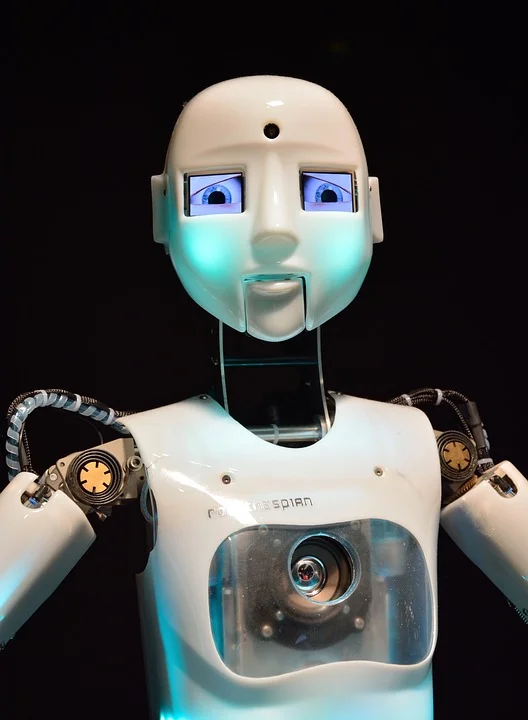Article Directory
Xpeng, the Chinese EV maker, is making some bold moves. Robotaxis and humanoid robots, all powered by in-house AI chips, are on the horizon. The company claims these chips have the highest in-car computing power in the world (3,000 TOPS, to be precise), fueling their "vision-language-action" (VLA) model. It's a tech arms race, and Xpeng is clearly trying to keep pace with Tesla. But is this ambition grounded in reality, or is it a classic case of overpromising?
Robotaxis: From Doubt to Deployment
Just last year, Xpeng's co-president, Brian Gu, downplayed the near-term potential of robotaxis. Now, suddenly, they're planning to launch them next year. What changed? Gu himself admits, "The tech is happening faster than we anticipated." He cites AI developments and the increase in computing power as reasons for his newfound confidence. Okay, fair enough. But "faster than anticipated" doesn't automatically translate to "ready for prime time." We've seen plenty of tech demos that look impressive in controlled environments but fall apart in the chaos of real-world traffic.
The partnership with Alibaba's AutoNavi and Amaps is interesting. Access to mapping data and a ride-hailing portal could give Xpeng a significant leg up. But let's not forget the regulatory hurdles. Gu acknowledges that robotaxis will "ultimately be a global phenomenon" but that regulation will take time. That's putting it mildly. The regulatory landscape for autonomous vehicles is a patchwork of conflicting rules and safety concerns. Navigating that will be a monumental task. What happens if the Chinese government puts restrictions on robotaxis, making them more trouble than they're worth?
The Humanoid Robot Hype
Then there's the humanoid robot. Every tech company seems to be working on one these days. Xpeng's unveiling in Guangzhou was undoubtedly a spectacle, but what practical purpose will this robot serve? Are we talking about manufacturing tasks? Delivery services? Or is this primarily a branding exercise, designed to position Xpeng as a cutting-edge innovator? There is no clear data about the production cost of this robot, or how much it will cost to the end consumer.

Xpeng's strategy of developing AI chips in-house is a double-edged sword. On the one hand, it gives them greater control over their technology and potentially reduces reliance on external suppliers. On the other hand, it's a massive investment, and there's no guarantee that their chips will outperform those from established players like Nvidia or Qualcomm. The claim of "highest in-car computing power" is impressive, but TOPS (tera operations per second) isn't the only metric that matters. Efficiency, power consumption, and software optimization are equally important.
The company plans to make two categories of robotaxis: one for commercial shared vehicles and another for personal cars shared among family members. This is the part of the report that I find genuinely puzzling. The idea of a "family-shared" robotaxi sounds like a niche market at best. Is there really a significant demand for autonomous vehicles that are only shared within a household? It seems like an unnecessary complication of their product strategy.
Are They Drinking the Kool-Aid?
Ultimately, Xpeng's robotaxi gamble hinges on a few key assumptions: that AI technology will continue to advance at a rapid pace, that regulatory hurdles can be overcome, and that there is a viable market for autonomous vehicles. These are big "ifs." While I admire Xpeng's ambition, I can't shake the feeling that they may be getting ahead of themselves. The company needs to demonstrate tangible progress, not just impressive demos and bold pronouncements. According to recent reports, Chinese EV maker Xpeng to launch robotaxis, humanoid robots with self-developed AI chips, the company is moving forward with these plans despite potential challenges.
A Reality Check
Xpeng's "AI Day" announcements are a classic example of tech companies wanting to be perceived as more than just what they are. In this case, Xpeng wants to be more than just an EV company. The data doesn't lie: they're betting big on a future that may not arrive as quickly as they hope.
